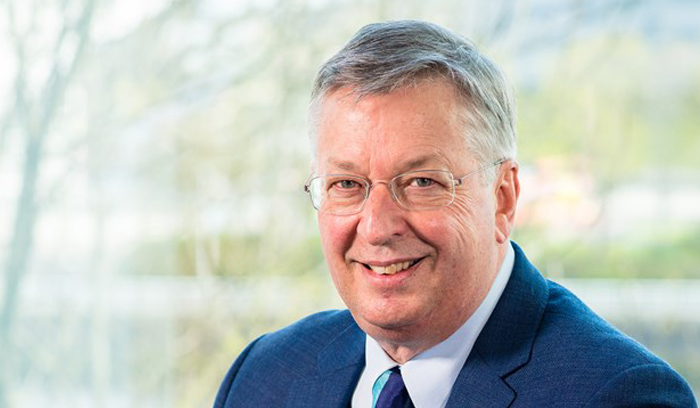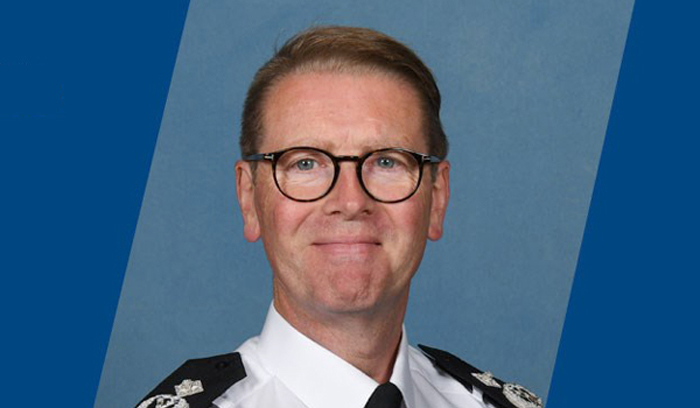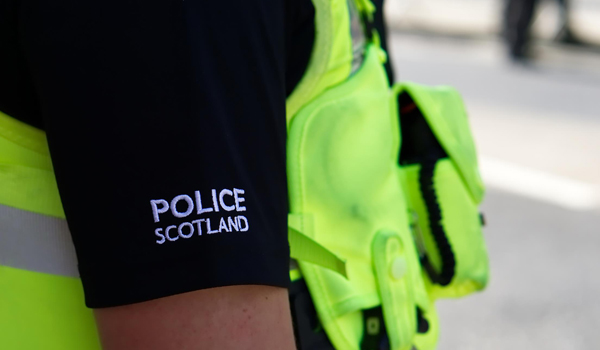Independent scrutiny reassured public on police use of emergency coronavirus powers
An Independent Advisory Group (IAG), set up to provide additional scrutiny of Police Scotland’s use of “unprecedented’ coronavirus powers, gave “added confidence” to decisions taken during the pandemic, according to researchers.
A report published today (June 28) said this enhanced oversight reassured the public that police enforcement during the crisis was consistent with human rights and the values of policing by consent.
Deputy Chief Constable Will Kerr said the IAG had “contributed significant value” to Police Scotland’s thinking and approach during the pandemic.
The IAG was established in April 2020 by Chief Constable Iain Livingstone with the full backing of the Scottish Police Authority (SPA). Its role was to complement and enhance existing police scrutiny arrangements, focusing on policing’s use of emergency coronavirus powers.
John Scott QC Solicitor Advocate was appointed to chair the IAG.
The review, commissioned jointly by the SPA and Police Scotland, concluded that the IAG:
- Offered added confidence that decisions taken early in the pandemic about the direction, focus and tone of policing in Scotland were consistent both with human rights principles and with the underlying values and principles associated with policing by consent;
- Provided a valuable sounding board to help shape Police Scotland’s approach to policing particular sections of the community – such as people with hidden disabilities or young people – and in particular types of event; and
- Complemented, supported and informed the SPA’s scrutiny and assessment of policing during the period and helped to maintain the confidence of civil society groups and the wider public.
Simon Anderson, co-author of the report said: “Our review suggests that the IAG has been an innovative, important and in many ways ground-breaking initiative. It was able to draw on an impressive array of inputs – both from the membership itself and further afield – and allowed a different type of conversation to take place.
“While the model of the IAG is clearly not the answer to all of the complex challenges facing policing, it does offer insights about how to achieve open, effective and rights-based scrutiny of policing, both in the specific and unique circumstances of the pandemic and, potentially, more generally. Our report sets out a range of lessons which should inform any similar exercises in the future.”
The IAG comprises 12 to 15 members drawn from human rights bodies, third sector agencies, academia and charities representing marginalised or disadvantaged groups.
Since May 2020, the IAG has reported regularly to public sessions of the SPA.

Martyn Evans, chair of the SPA, said: “The unprecedented police powers granted to restrict freedom of movement and reduce the spread of coronavirus has placed hugely complex and sensitive challenges on policing over the last 16 months. The Authority recognised the need to reassure the public that the police service had sufficient capacity and visibility to protect their safety and wellbeing while simultaneously ensuring the governance and accountability arrangements for policing were robust and reflective of the exceptional circumstances.
“Establishing the IAG has informed and enhanced the Authority’s oversight of policing during the period and I am grateful to John Scott QC Solicitor Advocate and the wider membership for their insight and contribution.
“Reviewing the work of the IAG and learning lessons from our approach is an important step. I am grateful to the authors of this work for their contribution which will be considered in detail by the Authority.”
Mr Scott added: “This IAG, the first of its kind in the UK and at the forefront of bespoke human rights-focused scrutiny in international terms, is a sign of a mature police service and statutory oversight body.
“This research recognises that the IAG’s work provided additional assurance and a number of benefits to policing over a particularly challenging period. I remain grateful to the members of the IAG who continue to give up their time to ensure a broad range of voices and opinions inform Police Scotland’s response to the pandemic and the Authority’s oversight.
“I am also grateful for the invaluable support of the Authority, especially through our dedicated and impressive secretariat, and many opportunities for genuine dialogue with Police Scotland over a most demanding period for the whole country.
“Our work has allowed us to highlight the role of human rights in the principle of policing by consent as well as the central importance of the principle of operational independence of a police service.”

Mr Kerr said the public has been asked, and at times required, to make “extraordinary sacrifices” as part of the national response to a public health crisis.
He said: “Officers and staff have had a vital role to explain fast-changing guidelines and emergency legislation, encourage people to do the right thing, and, where necessary and as a last resort, enforce the law. They continue to do so while facing the same personal and professional challenges as everyone else.
“Policing in Scotland has a strong connection with the public we serve and from whose consent we draw our legitimacy. Maintaining and enhancing that bond of trust is always a key consideration for Police Scotland, including during our response to the pandemic.
“As a service founded on upholding and enabling human rights, we are acutely aware that coronavirus restrictions do not affect everyone equally. Some communities and individuals are, for a variety of complex reasons, less able to comply with the requirements.
“That’s why, at an early stage, with the support of the SPA, the chief constable commissioned John Scott QC Solicitor Advocate to chair an IAG to provide additional assurance and human rights-focussed oversight of coronavirus powers.”
Mr Kerr added: “We are extremely grateful for the broad insight and perspective which Mr Scott and the IAG continues to provide to policing in Scotland and which has contributed significant value to our thinking and approach.
“Our experience, since the beginning of the pandemic, is that, overall, our fellow citizens have shown remarkable cooperation for their police service during a difficult period and we continue to be very grateful for that support.”
The review was conducted over a six-week period in March and April 2021 by independent consultants, Simon Anderson and Jennifer Waterton. It is based on documentary evidence, observation of meetings and interviews with members of the IAG and other key internal stakeholders.


